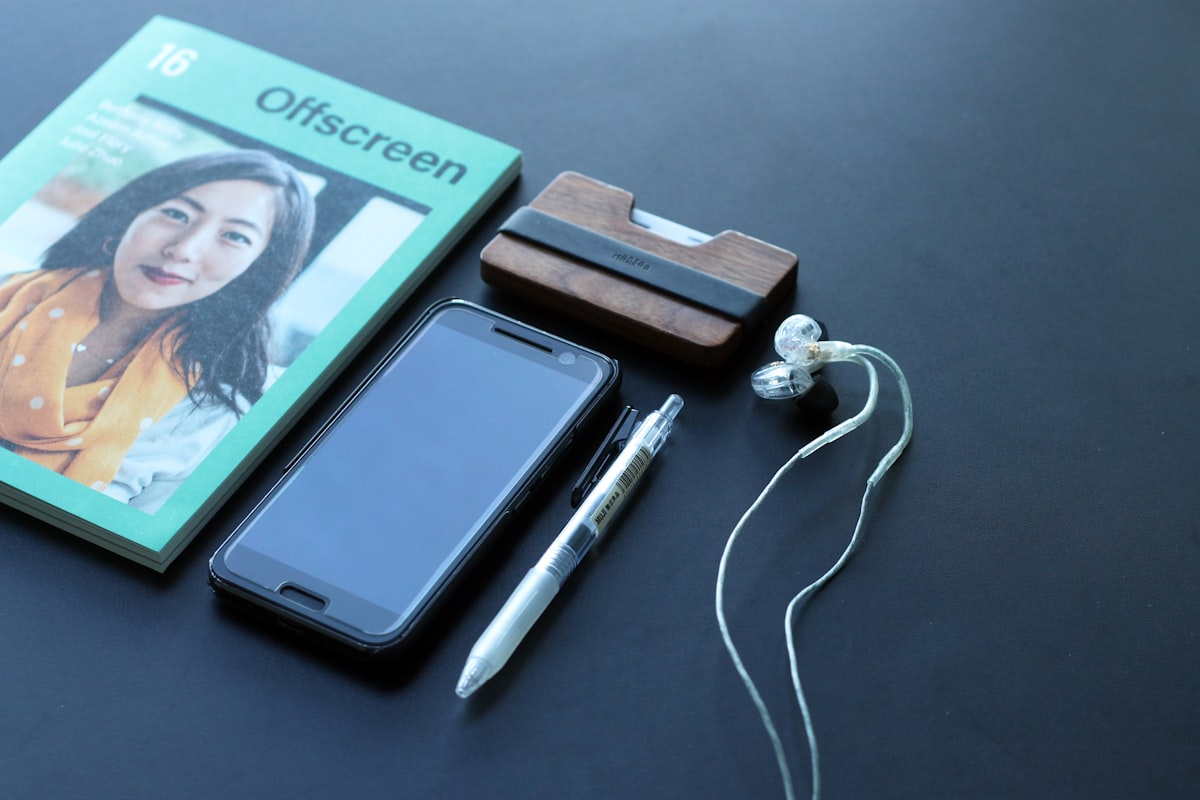Three Things to Know About a Phone Interview with a School Recruiter
Nervous about that first phone call with a school? Here are three things you need to know to ace a phone interview with a school recruiter.

1. A phone interview with a recruiter is just the first step — your goal is to meet a hiring manager in person
School recruiters use initial phone interviews to screen teachers for two things: (1) whether you have the skills to do the job and (2) whether you’re a good culture fit.
Phone interviews are designed to be a high-level conversation. Your goal is to give the recruiter the information they need to decide whether they want to meet you in person and to introduce you to other members of the teacher hiring team.
With this in mind, you’ll need to focus your energy before a phone interview on:
- Considering what you bring to the table as a candidate
- Explaining how your experiences have prepared you for this role
- Researching the school and thinking about why it’s a good fit for you
If you can build a story around all three of these things, you should be able to make a compelling case for why you deserve to move on to the next step in the teacher interview process.
2. Your job is to connect the dots, explain why you’re a good fit, and give a great elevator pitch
If you’ve gotten to the initial phone interview, the recruiter has already seen your resume. Your job is to connect the dots and explain why your experiences have led you to this role.
The first step is to create a great elevator pitch for yourself. Not sure how to do this? Here’s how you can jump right in:
- Start with an professional overview
- Highlight relevant experience
- Explain why you want this particular job — show how this opportunity can help you grow
When you put everything together, it should look something like this:
“I’m a high school science teacher and I’ve been teaching in charter schools for five years. I’ve been working at X Academy as a 10th grade biology teacher for the last three years, and taught physics at the Y School before that.
I’ve learned a lot about project-based learning and about how to connect with teenagers from both roles.
I’m interested in working at a school with a rigorous science program and was excited to see that [school you’re interviewing for] is recruiting teachers to lead your new AP science program next year.
I’m really excited to learn more about this role and about [school you’re interviewing for]!”
In addition to your elevator pitch, think of the phone interview as a opportunity to explain why you bring unique perspective to the role. This is especially true if you’re a career changer or if you have an unconventional resume — this is your chance to show how your experiences can make you a uniquely great teacher and employee. See an example of how someone’s done that here.
Know your own story and be able to communicate why you’re a great candidate — it will make all the difference in this initial phone screen and may even be the chance to set you apart.
3. The phone interview is a great way to get information that prepares you for the next step in the teacher interview process
While the phone interview is a tool that recruiters use to learn about you, it’s also something you can use to prepare for the next part of the interview.
Towards the end of the interview, you’ll likely have the chance to ask questions. Plan ahead, and use this opportunity to find out about:
- The academic goals the school hopes to achieve in the next year
- How students are performing academically currently
- The behavioral expectations the school has for their students
- Who you’ll be working with
- How the department you’ll potentially working in is structured
- If there are any specific issues the department is trying to solve
Topics like these do more than just give you a sense of school culture and fit — they provide insight into how to make yourself a better candidate during the in-person interview or demo lesson.
The phone interview also gives you a chance to get information from a person rather than a school website. You’re more likely to get much better perspective on what the school represents from a personal source.
Every piece of information you gather is valuable — you just need to ask the right questions to get access to it and to use it to your advantage.
On a more practical note, make sure you’re as comfortable as possible when you take the call, try to make sure conversation flows, keep your resume in front of you, prepare talking points for commonly asked questions, and make sure to follow up afterwards. While these things are common sense, they’ll still affect how your success.
As always, good luck! You’re going to be great out there.
Do you have more questions about phone interviews? Have tips on how to blow school recruiters away in that step of the teacher interview process? Email us at hello@getselected.com to let us know!
About Selected
Selected helps teachers find jobs at schools they love. We offer a free school matching and career support platform for teachers that connects them with 1,200+ PK-12 public and independent schools in urban metro areas in the Northeast and West Coast, including New York City, NJ, CT, Philadelphia, Washington DC, Boston, and Los Angeles. Create a FREE profile and start speaking with hiring schools immediately!





